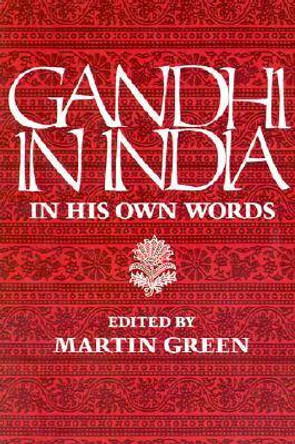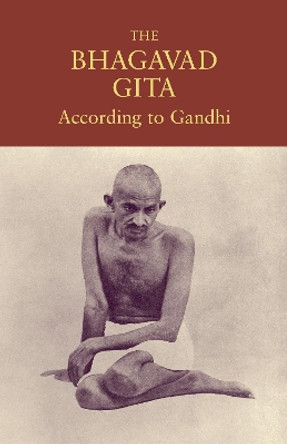Description
An update of the critically acclaimed, enduring study reflecting the legacy of Gandhian strategy within global contemporary rights movements.
About the Author
Dennis Dalton was the Ann Whitney Olin Professor of Political Science and is now emeritus at Barnard College, Columbia University. The winner of a Fulbright scholarship and grants from the American Council of Learned Societies and the American Philosophical Institute, he is the author of Indian Idea of Freedom: Political Thought of Swami Vivekananda, Aurobindo Ghose, Mahatma Gandhi, and Rabindranath Tagore and editor of Mahatma Gandhi: Selected Political Writings.
Reviews
In this masterly analysis, Dalton shows how Gandhi's vision of a good life expressed itself in political action. Dalton has very wisely included what one seldom finds in books on Gandhi: examples of the trenchant criticism of his methods and his ideas that were made by Indian contemporaries. -- Ainslie T. Embree, Columbia University A beautiful, fine-grained piece of historical and textual research; cool, committed, and convincing in an intellectual terrain strewn with excessively passionate convictions. Dalton 'shows' rather than tells, through a meticulous examination of official speeches and administrative responses, the deep doubts about the legitimacy of their acts that Gandhi implanted in the minds of the highest and lowest British officials. Dalton also shows how the Mahatma's public enactment of self-sacrifice and renunciation demonstrated an efficacy not granted in conventional political acts within the context of religious viciousness and killing: lessons for Gandhi's era and ours. -- Susanne Hoeber Rudolph, University of Chicago The product of seasoned research and of several decades of teaching, reading, thinking, and acting on Gandhi's ideas. It is a rich stew, and a feast for those who appreciate careful scholarship and the continuing power of Gandhian thought... Dalton's book helps to ensure that Gandhi's voice will be heard beyond this generation and this century, and well into the next. Journal of Asian Studies This is more than a biography or a political history. We are offered a penetrating analysis of Gandhian philosophy as revealed in his most individual operations. English Historical Review Sensitive, sympathetic, and lucid. Economic and Political Weekly [Dalton's] new approach to place Gandhi in the context of other major political and social leaders of India, and then assess him as a successful leader, appeared to enhance the methodology of this very well informed and analyzed book, which deserves a place in any good library in the world. Modern Asian Studies Represents the culmination of decades of research and study... which accounts for Dalton's sureness of touch, cogent handling of ideas, lucid prose, and effortless movement between theory and narrative... Although it adds important new dimensions to the specialist's understanding of Gandhi, it can also serve as a readable and absorbing introduction to the man. American Historical Review Dalton eschews his canonization for a clear, thoughtful study. Library Journal Thoughtful and original. New Statesman "[Dalton's] valuable insight is that Gandhi's formation of himself as a leader represented a strategy of defense against fear and shame... The broad scope of references and the command of detail on Indian politics and political theory that the work exhibits bear witness to long and thoughtful research. Political Psychology A tidy presentation of a sociopolitical vision that seems as fresh and radical today as it did half a century ago. Kirkus An excellent book. BizIndia
Book Information
ISBN 9780231159593
Author Dennis Dalton
Format Paperback
Page Count 336
Imprint Columbia University Press
Publisher Columbia University Press








